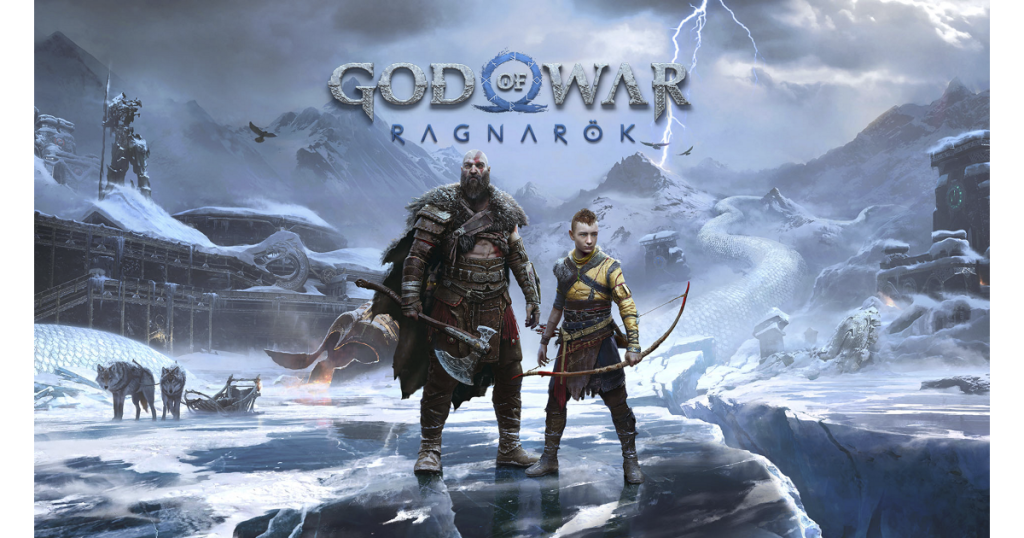The Power of Choice: How God of War Ragnarök Explores Fate vs. Free Will
The Themes of Fate and Free Will
In the heart of the acclaimed video game {God of War Ragnarök}, players encounter a gripping narrative that delves into the philosophical concepts of fate and free will. The journey of Kratos and his son Atreus unfolds against the backdrop of Norse mythology, where the characters grapple with their destinies while confronting powerful adversaries. Throughout the game, players are constantly reminded of the tension between predetermined destiny and the individual choices they can make. This narrative framework encourages gamers to reflect on their own lives and consider how much control they wield over their fate.
Kratos and Atreus: A Father-Son Dynamic
The relationship between Kratos and Atreus is central to the game and serves as a compelling exploration of the power of choice. As Kratos, the God of War, confronts his own past and the expectations placed upon him, he must navigate the path of fatherhood, teaching Atreus about the importance of making decisions. Atreus, on the other hand, struggles to carve out his identity, often torn between the legacy of his father and his own desires. This dynamic illustrates that while fate may shape their surroundings—much like how the “God of War Ragnarök shop” provides tools and resources that are seemingly destined for the characters—the choices they make define their paths and the world around them.
The Role of Choices in Gameplay
Gameplay mechanics in God of War Ragnarök further emphasize the theme of choice versus fate. Throughout their journey, players encounter various dialogue options and quests that impact the storyline and character relationships. The choices one makes can lead to different outcomes and even alter the game’s environment, reinforcing the idea that players hold the power to influence the narrative. For instance, decisions made while interacting with characters or during challenging combat situations can lead to significant ramifications in how the story unfolds. This system intertwines with the shop mechanics, where players can choose upgrades and weapons that reflect their personal playstyle, significantly affecting their journey and reinforcing the notion of free will amidst a fated world.
Fated Encounters and Their Consequences
Despite the strong emphasis on choice, the game also presents moments that highlight the inevitability of fate. As Kratos and Atreus face various foes tied to their prophesied encounters, players are reminded that certain events may be beyond their control. Some NPCs may appear with a predetermined outcome, reminding players that while choices are significant, some forces may be larger than the individuals themselves. These moments usher in complex emotions, engaging players in a thought-provoking dialogue about destiny’s constraints and how they coincide with the decisions made along the way.
Conclusion: Embracing the Power of Choice
Ultimately, God of War Ragnarök masterfully navigates the intricate balance between fate and free will, creating a narrative that resonates with its players. By immersing them in an engaging story filled with consequential choices, the game challenges players to reflect on their own decision-making processes and the impact of their choices in life. The relationship between Kratos and Atreus showcases that while one’s destiny may be pre-written by the gods, it is the choices made along the way that truly shape individual paths. As gamers step into the shoes of these mythical heroes, they are reminded of the empowering truth: our choices define who we are, even in a world fraught with fate.

